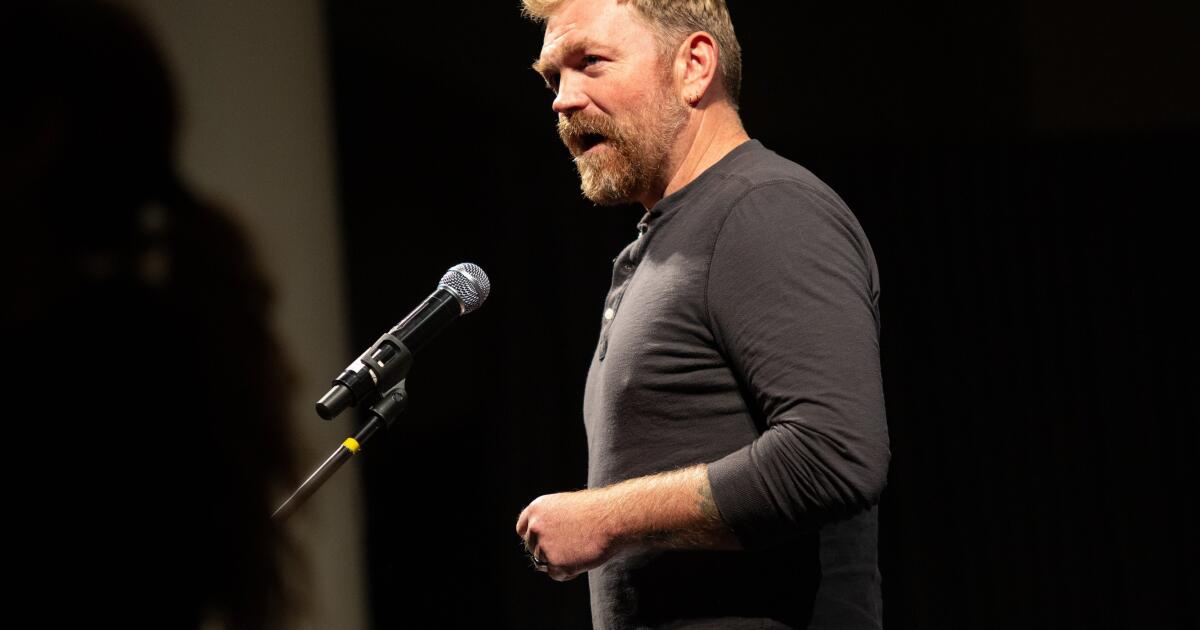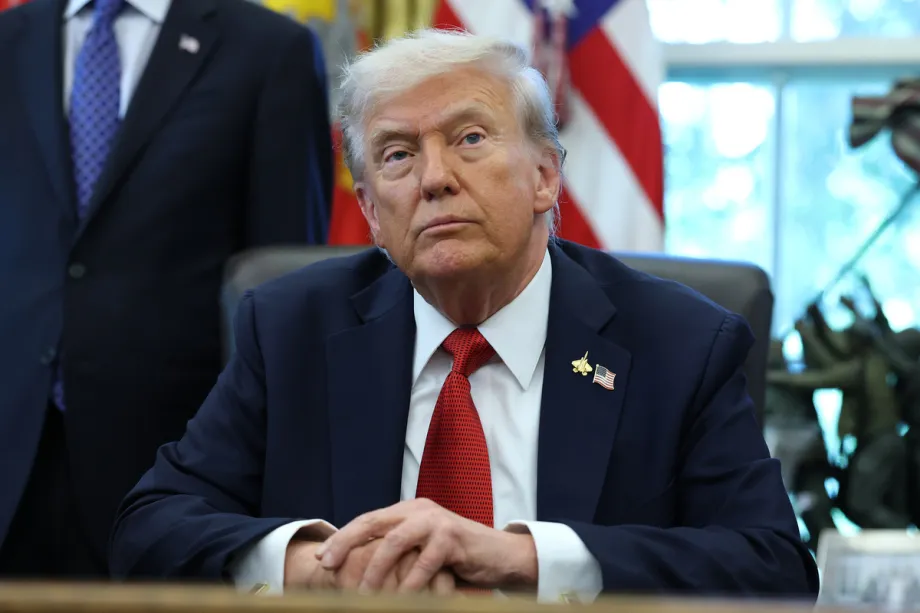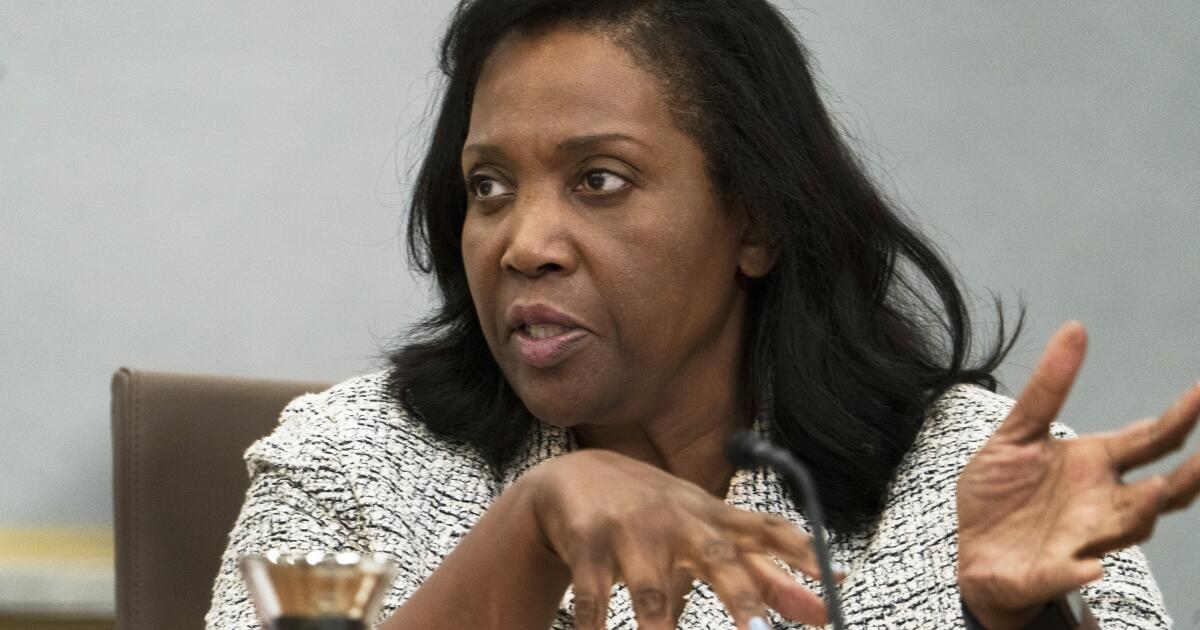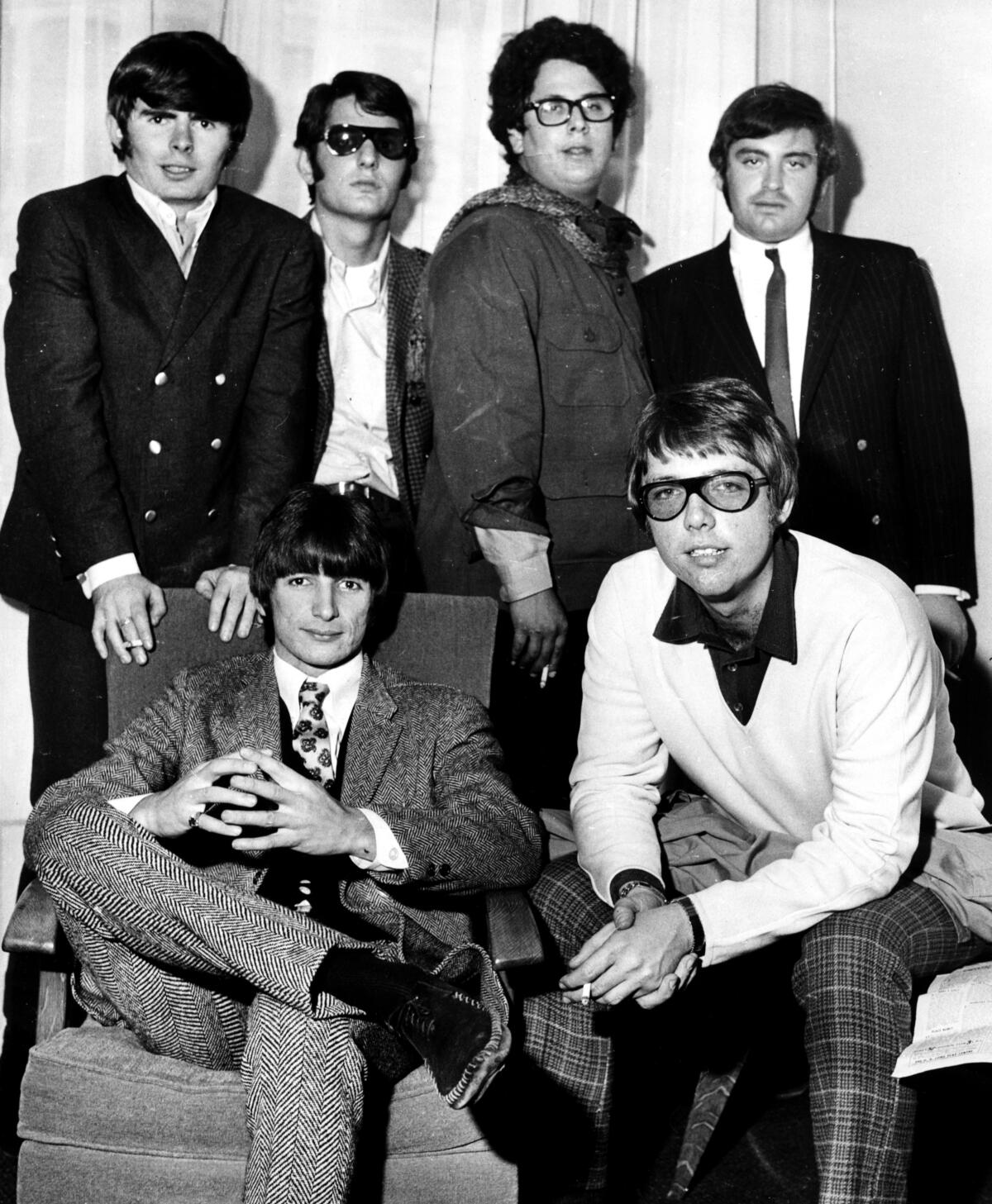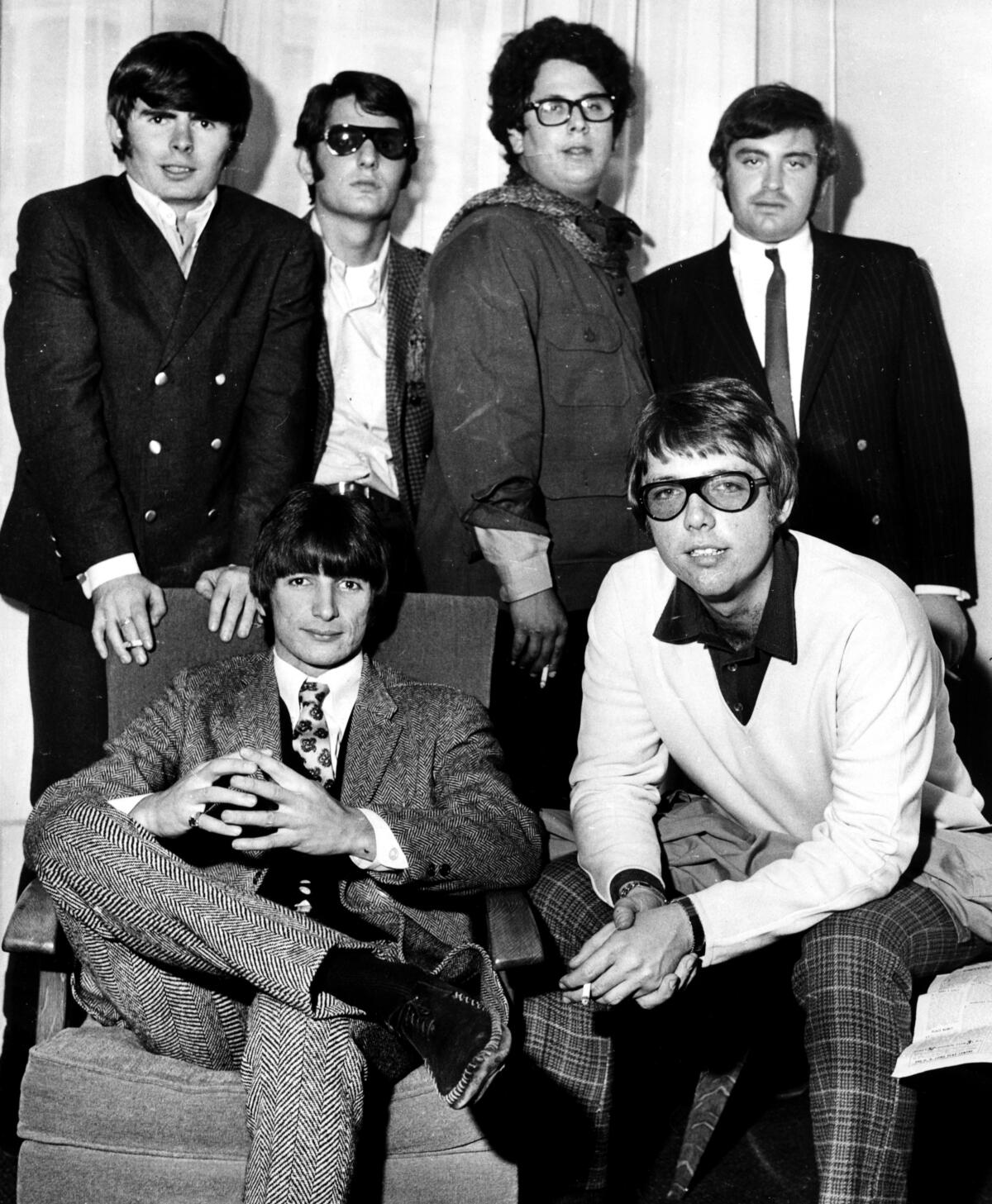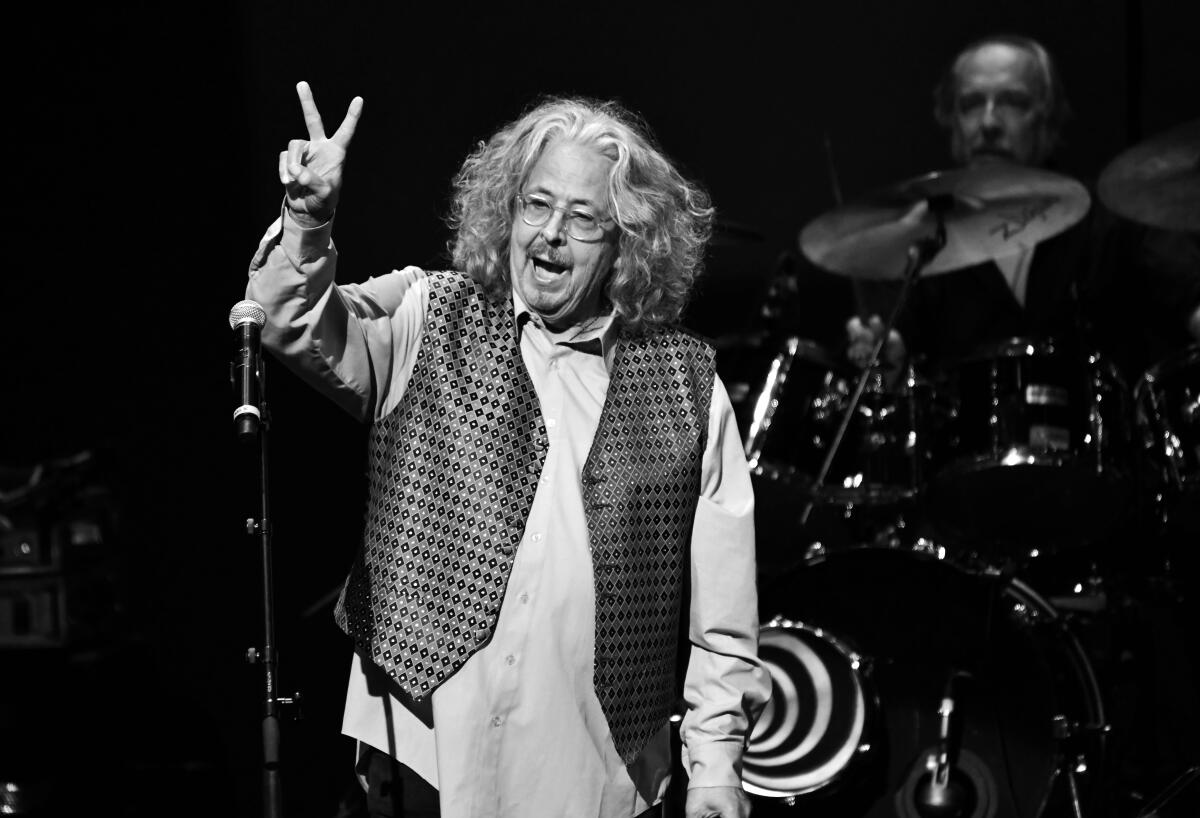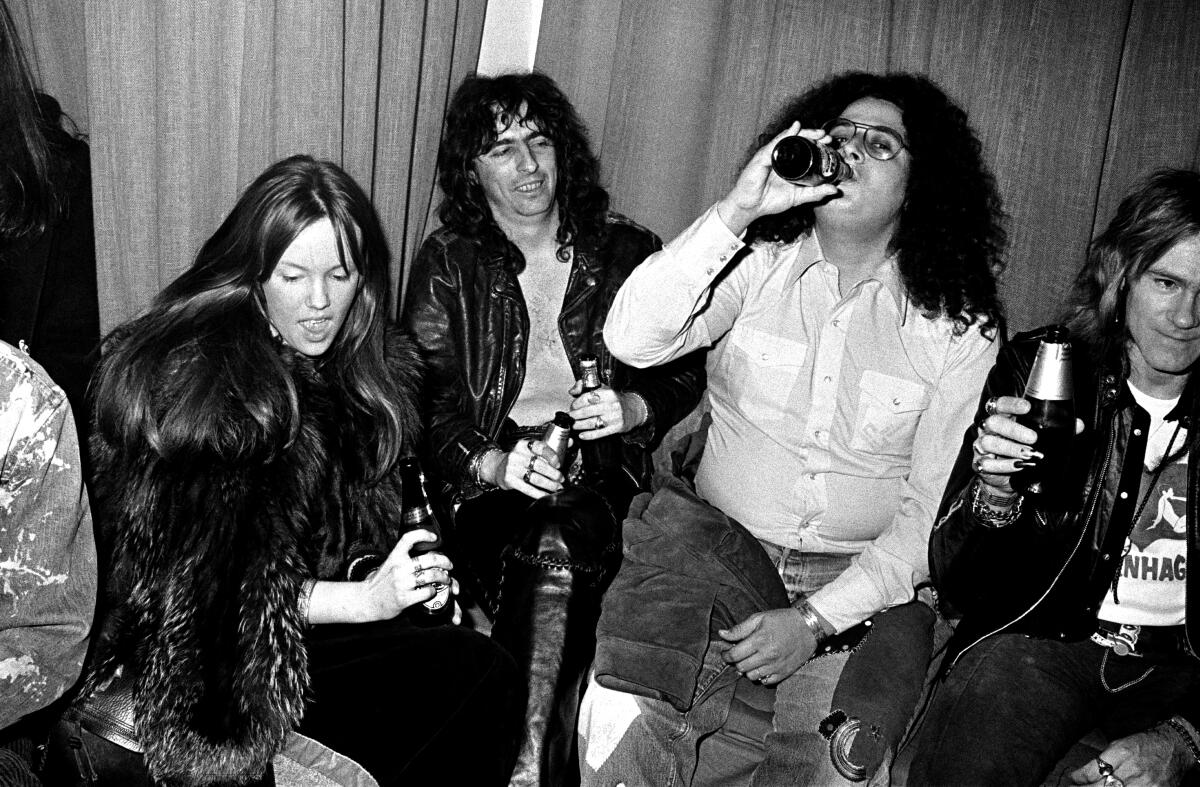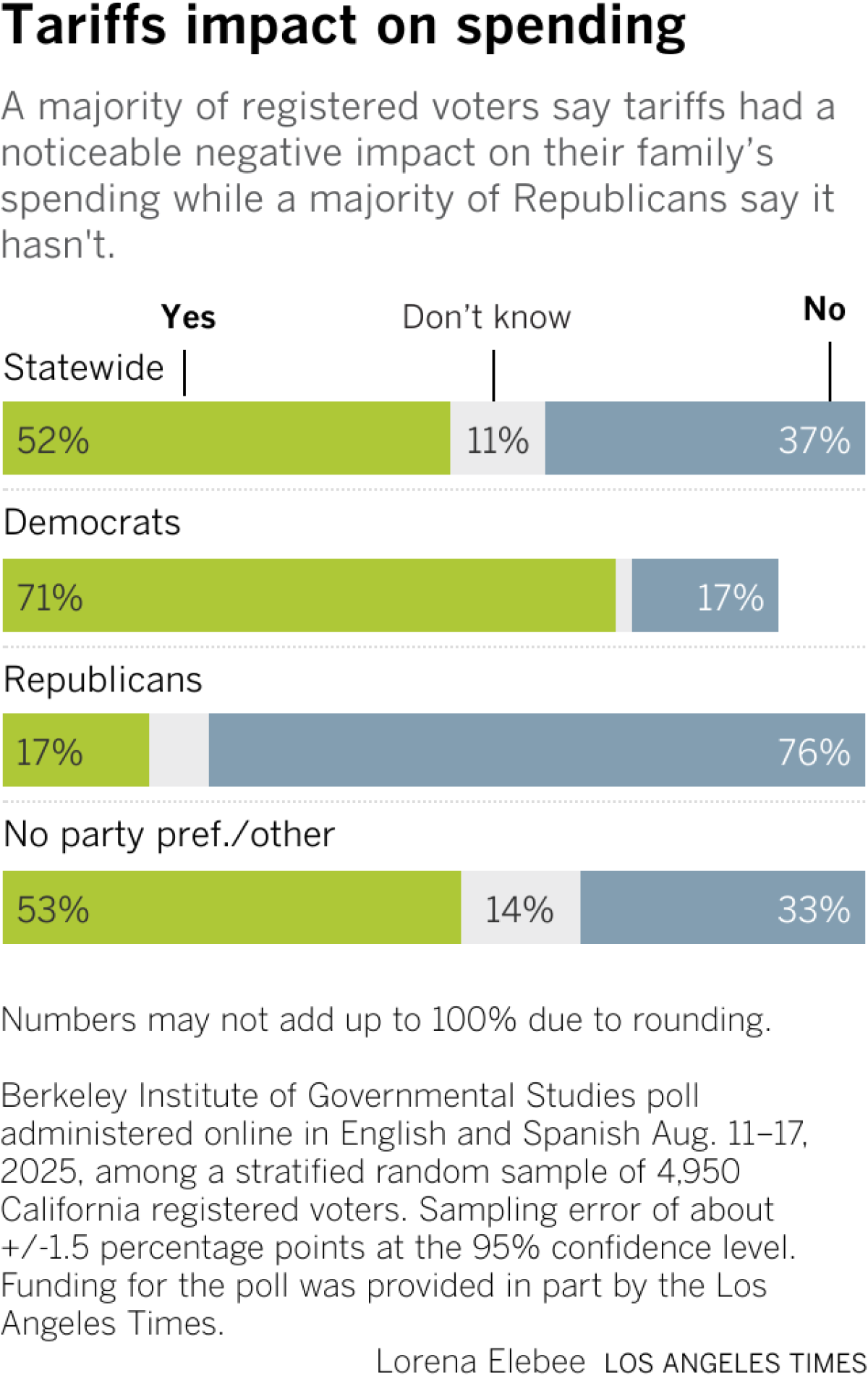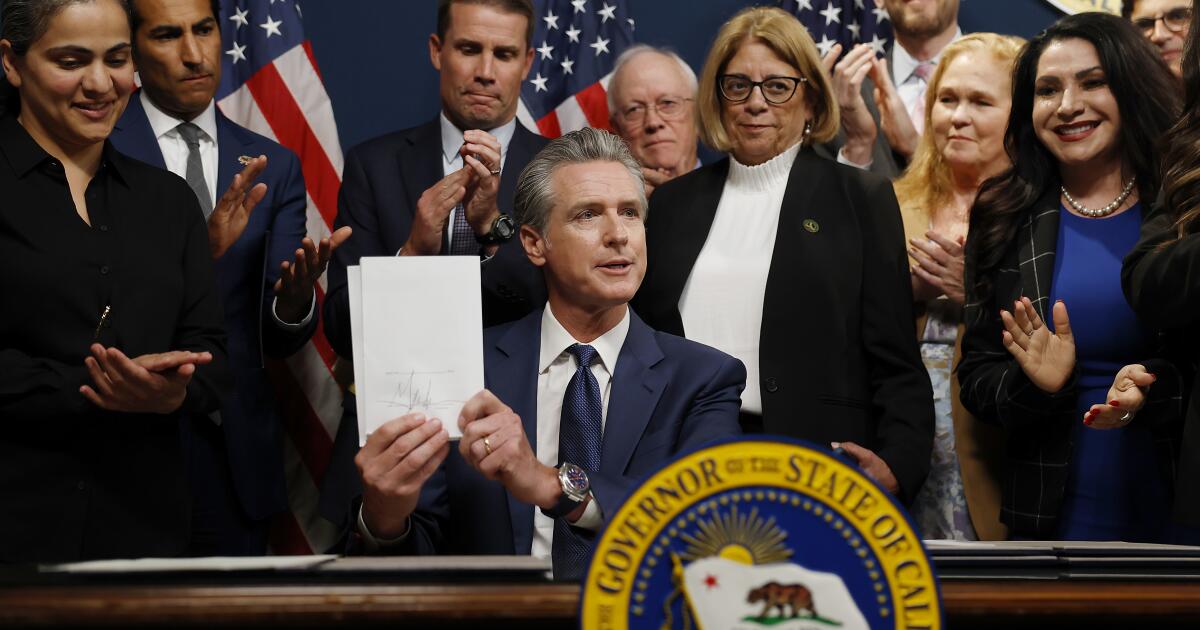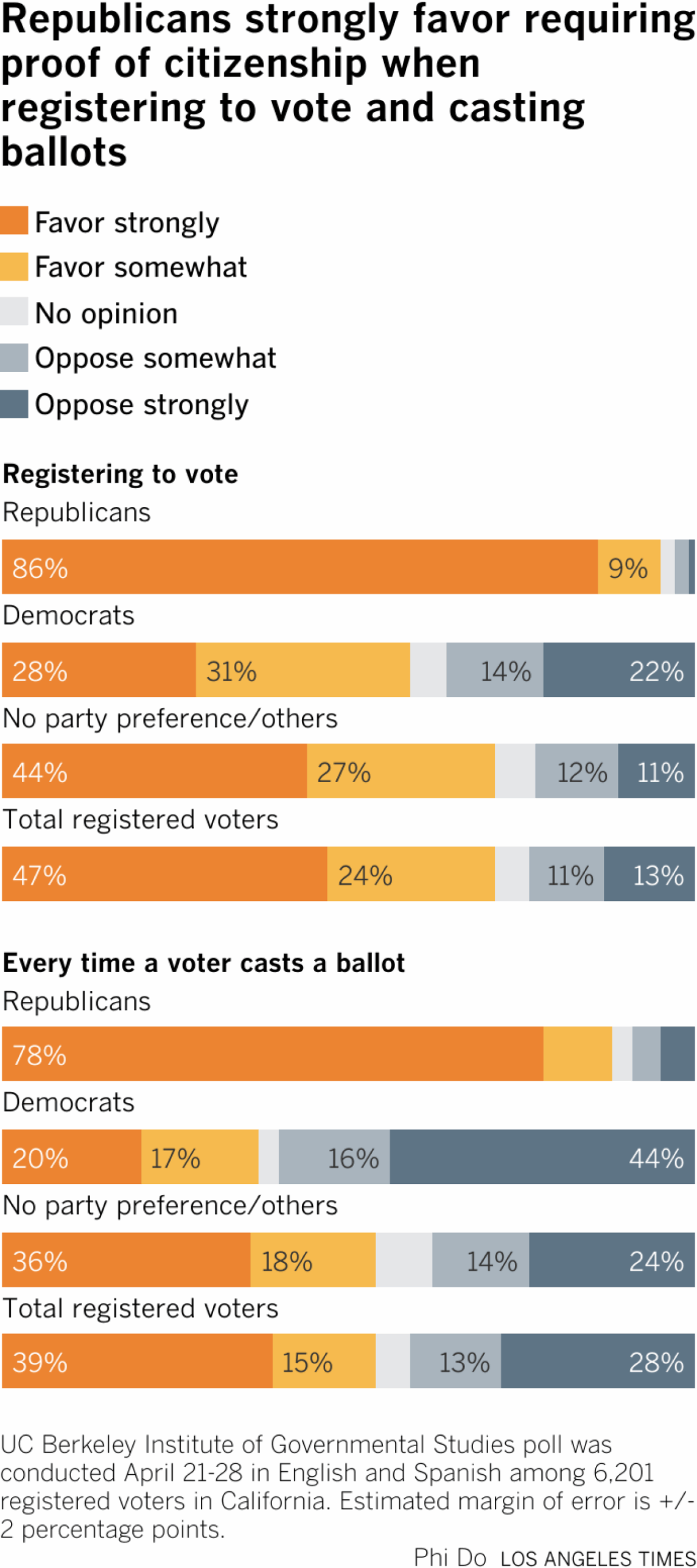Contributor: Left and right have united in favor of puerile, violent rhetoric
In recent weeks, American politics have stopped resembling a democracy and started looking more like a Manson family group chat, with a flag emoji right next to the “pile of poo” emoji in our bio.
First it was the Young Republicans (you know, the nerds who used to wear ill-fitting sports jackets and drone on about budgets) who were caught on Telegram saying things such as “I love Hitler,” calling Black people “watermelon people,” and joking about gas chambers and rape. Hilarious, right?
Then came Paul Ingrassia, Trump’s now-aborted nominee to head the Office of Special Counsel, who texted that he has “a Nazi streak” and that Martin Luther King Jr. Day belongs in “the seventh circle of hell.”
But the moral rot isn’t exclusive to Republicans. Not to be outdone, Democrat Jay Jones (who is currently running for attorney general in Virginia) was caught with texts from 2022 saying another Virginia lawmaker should get “two bullets to the head,” and that he wished the man’s children would “die in their mother’s arms.”
Charming.
Meanwhile, in Maine’s race for the U.S. Senate, old posts on Reddit reveal that Democrat Graham Platner — oysterman, veteran and self-described communist — said that if people “expect to fight fascism without a good semi-automatic rifle, they ought to do some reading of history.”
Did I mention that he called police officers “bastards,” broadly criticized rural white folks and had a tattoo on his chest that resembled Nazi imagery?
What we are witnessing is a trend: Bipartisan moral collapse. Finally, something the two parties can agree on!
Keep in mind, these are not randos typing away in their parents’ basements. These are ambitious young politicos. Candidates. Operatives. The ones who are supposed to know better.
So what’s going on? I have a few theories.
One: Nothing has really changed. Political insiders have always done and said stupid, racist and cruel things — the difference is that privacy doesn’t exist anymore. Every joke is public, and every opinion is archived.
It might be hard for older generations to understand, but this theory says these people are merely guilty of using the kind of dark-web humor that’s supposed to stay on, well, the dark web. What happened to them is the equivalent of thinking you’re with friends at a karaoke bar, when you’re actually on C-SPAN.
For those of us trying to discern the difference, the problem is that the line between joking and confession has gotten so blurry that we can’t tell who’s trolling and who’s armed.
Two: Blame Trump. He destroyed norms and mainstreamed vulgarity and violent rhetoric. And since he’s been the dominant political force for a decade, it’s only logical that his style would trickle down and corrupt a whole generation of politically engaged Americans (Republicans who want to be like him and Democrats who want to fight fire with fire).
Three (and this is the scary one): Maybe the culture really has changed, and these violent and racist comments are revelatory of changing hearts and worldviews. Maybe younger generations have radicalized, and violence is increasingly viewed as a necessary tool for political change. Maybe their words are sincere.
Indeed, several recent surveys have demonstrated that members of Gen Z are more open to the use of political violence than previous generations.
According to a survey conducted by the group FIRE, only 1 in 3 college students now say it is unacceptable to use violence to stop a speaker. And according to the 2025 Edelman Trust Barometer, “53 percent of those aged 18-34 – approve of one or more forms of hostile activism to bring about change.” This includes “threatening or committing violence, and damaging public or private property.”
Of course, it’s possible (and probably likely) that some combination of these theories has conspired to create this trend. And it comes on the heels of other trends, too, including the loss of trust in institutions that began somewhere around the Nixon administration and never reversed.
Put it all together, and we’ve arrived at a point where we don’t believe in democracy, we don’t believe in leaders, and we barely believe in each other. And once you lose trust, all that’s left is anger, memes and a primal will to power.
Worse, we’ve become numb. Every new scandal shocks us for approximately 15 minutes. Then we scroll to another cat video and get used to it.
Remember the Charlie Kirk assassination? You know, the gruesome murder that freaked us all out and led to a national discussion about political violence and violent rhetoric? Yeah, that was just last month. Feels like it was back in the Eisenhower administration.
We’re basically frogs in a pot of boiling political sewage. And the scariest part? We’re starting to call it room temperature.
Matt K. Lewis is the author of “Filthy Rich Politicians” and “Too Dumb to Fail.”
